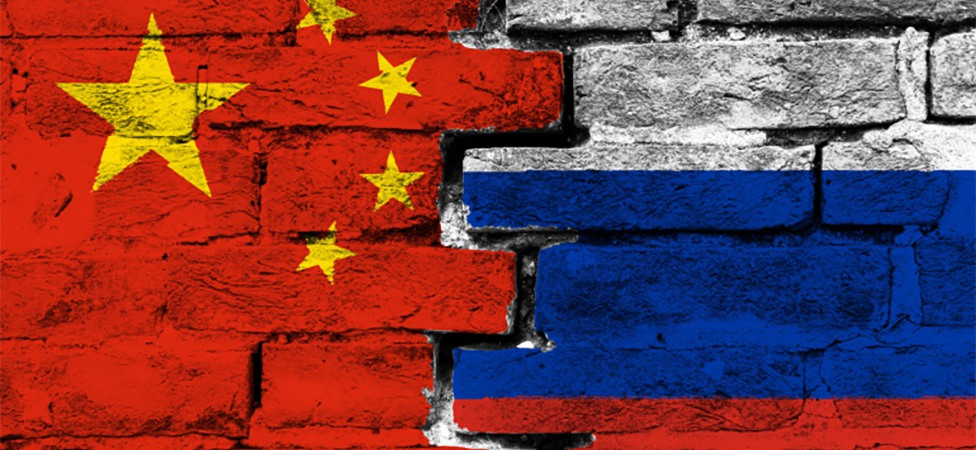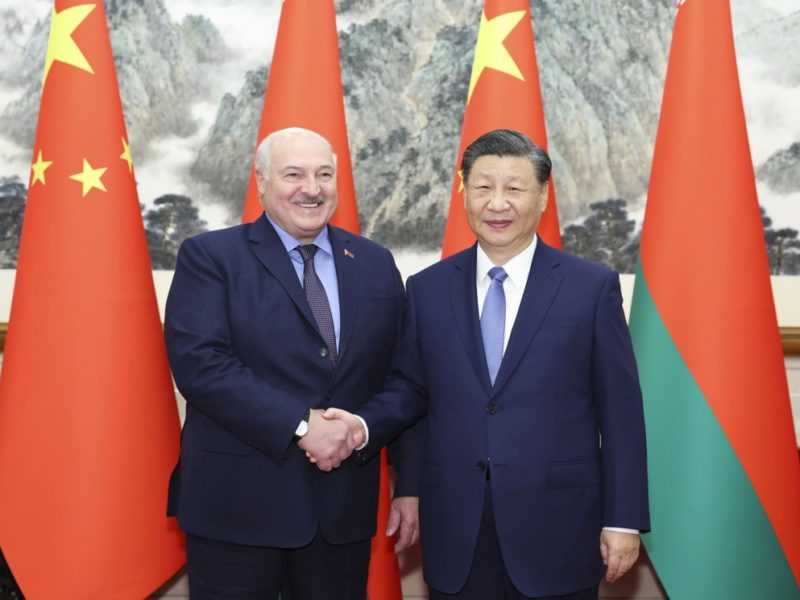At the end of September, right after Xi Jinping visited Central Asia, false information about a coup against him in China was spread all over social media. The emergence of these rumors was caused by thousands of canceled flights in China, Xi not showing up in public (in reality going through a mandatory quarantine after his international trip), and footage of military equipment moving towards Beijing. In fact, such information was not confirmed but labeled “wishful thinking” coming from Taiwan, Hong Kong, and elsewhere. One could believe that it is plausible for Xi Jinping to encounter the coup one day due to the mounting discontent of the Chinese elite following the economic and policy breakdowns. In fact, the country’s ruler, Xi Jinping, was found to have completely different plans that are far from facing a military coup and include making himself a supreme force in the country and ensuring China’s return to the list of the leading global powers after economic and political stagnation.
On October 16, the Chinese Communist Party is expected to hold the 20th National Congress in Beijing, where they will elect new leadership for the next five years, most probably abandoning the “Seven up, eight down” policy tradition and consolidating Xi Jinping’s power. Party congress will also address the most critical issues in the PRC, such as the declining economy, worsening relations with the US, and restrictions related to the Covid-19 pandemic. The congress will be attended by 2296 delegates representing ethnic minorities, women, and all provinces and regions. According to the Eurasia Group, with Xi securing the third term, he is expected to enhance the share of his political associates both in the 25-person Politburo and its Standing Committee. Wang Yang will likely remain the Chairman of the National Committee of the Chinese People’s Political Consultative Conference, while Xi’s supporter members, Ding Xuexiang, Huang Kunming, Li Xi, Li Qiang, are expected to be promoted. Many people believe that congress has a symbolic weight, and the names of the leaders with their positions have already been agreed upon in advance. Besides those projected to be put forward, several political individuals keep close ties with Xi Jinping and will replace the retired ones. For instance, He Lifeng is anticipated to take the post of Vice Premier in charge of economic and financial affairs. The latter has worked with Xi in Fujian province and has accompanied him during almost all domestic or international trips. Miao Hua represents another example, becoming the Vice Chairman in charge of political affairs. Miao Hua, likewise He Lifeng, met Xi in Fujian and since then has served in PLA.
Accordingly, Xi Jinping has begun celebrating his stay in office. After completing the mandatory 10-day quarantine following his Central Asia tour, the Chinese leader took six colleagues and Politburo Standing Committee members to an exhibition dedicated to the achievements of his first two terms.
As stated by Financial Times, while two of Xi Jinping’s colleagues from the Politburo’s Standing Committee, Li Zhanshu and Han Zheng, are expected to step down due to their age, Xi may reduce the age limit even further, prompting the resignation of three other committee members. Premier Li Keqiang is among those three members. Li was considered Xi’s main rival before the latter was appointed a head of the party and the state and, accordingly, enjoyed great popularity among Xi’s critics. Nevertheless, Xi Jinping managed to sideline Li effectively due to the latter’s liberal attitude and loyalty to the CCP.
Xi Jinping will likely change the constitution during the party congress, fully adapting it to his political ideas and thoughts. The new amendment will ensure the “implementation of the eight-point decision on improving Party and government conduct by the Political Bureau of the 19th CCP Central Committee”, correcting the flaws related to the useless formal procedures and advancing the President’s power. The eight-point decision covers the following aspects:
• doing better research and analysis and truly understanding actual conditions when doing grassroots-level studies;
• streamlining meetings and improving the way meetings are conducted;
• making documents and briefing papers more concise and improving writing styles;
• standardizing procedures for working visits abroad;
• improving security guard work and continuing to observe the principle of doing what improves relations with the people;
• improving news report;
• having strict rules on the publication of articles; and
• promoting frugality and the strict observance of rules on incorruptibility in government.
This way, Xi Jinping is trying to resume the “Great Helmsman” status, most commonly referred to as Mao Zedong. One can assume that his ambitions go beyond those five years of his third term, as Xi has reverted to “Two Centenaries” goals, aiming to return the country among the leading global powers by 2049 when the PRC celebrates its 100th anniversary. The first part of his policy aims to achieve tremendous progress in the economy, carbon neutrality, military, and technology, while the second phase will be devoted to transforming China into a “strong, democratic, civilized, harmonious and modern socialist country”.
All in all, Xi Jinping’s ambitions for the 20th National Congress of the Chinese Communist Party go beyond the limit as he tries to extend his term in office, ignoring political traditions and adapting Chinese politics to his desires and interests projected until 2049. This is facilitated by the constitutional and economic changes he initiated, as well as the rigid policy of removing opponents and appointing supporters to higher state bodies.

Ani Kintsurashvili – Author of the Article, Senior Researcher, Civic IDEA




